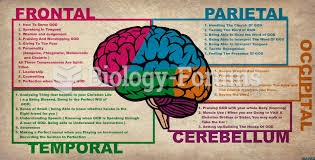|
|
|
Amoebae are the simplest type of protozoans, and are characterized by a feeding and dividing trophozoite stage that moves by temporary extensions called pseudopodia or false feet.
The human body's pharmacokinetics are quite varied. Our hair holds onto drugs longer than our urine, blood, or saliva. For example, alcohol can be detected in the hair for up to 90 days after it was consumed. The same is true for marijuana, cocaine, ecstasy, heroin, methamphetamine, and nicotine.
Pubic lice (crabs) are usually spread through sexual contact. You cannot catch them by using a public toilet.
On average, someone in the United States has a stroke about every 40 seconds. This is about 795,000 people per year.
Approximately 500,000 babies are born each year in the United States to teenage mothers.







